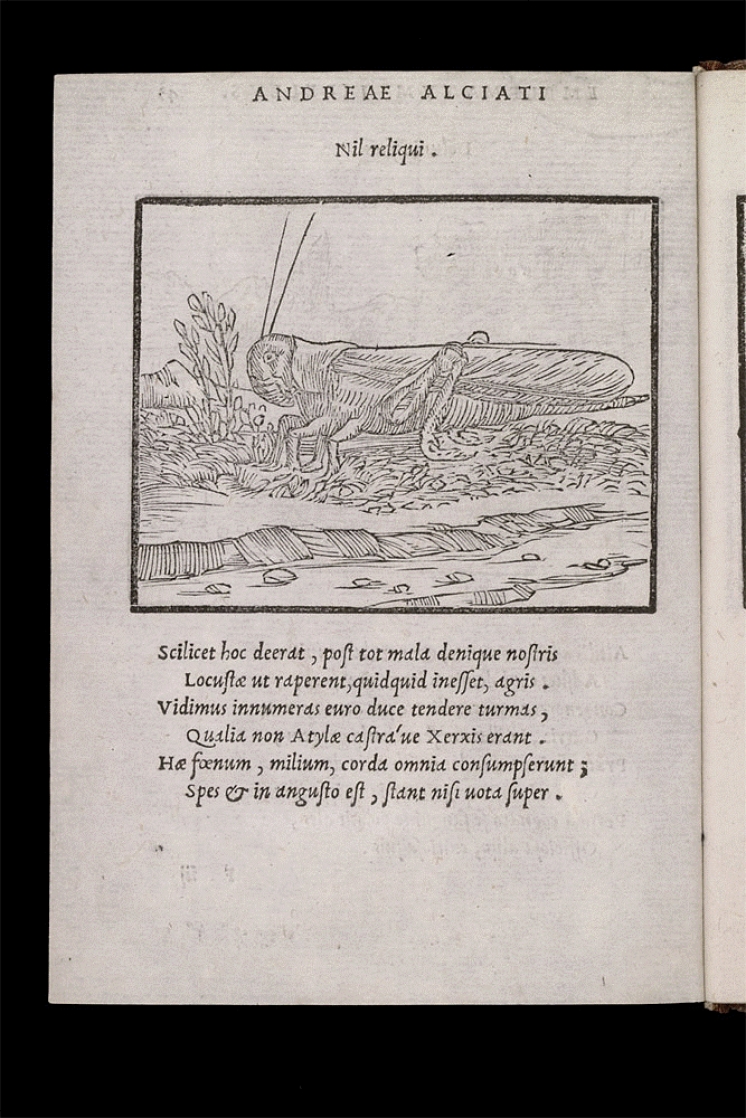The International Committee for the History of Technology, ICOHTEC, welcomes submissions for the Maurice Daumas Prize, which aims to encourage innovative scholarship in the history of technology. ICOHTEC is interested in the history of technological development as well as its relationship to science, society, economy, culture, and the environment. There is no limitation as to theoretical or methodological approaches.
The prize will be awarded to the author of the best article submitted which deals with the history of technology in any period of the past or in any part of the world and which was published in a journal or edited volume in 2020 or 2021. Eligible for the prize are original articles published in (or later translated into) any of the official ICOHTEC languages (English, French, German, Russian or Spanish). Submissions are welcomed from scholars of any country who are currently in graduate school or have received their doctorate within the last seven years. Please send your submission and a brief (not to exceed one-page) cv to each of the nine Prize Committee members no later than 15 January 2022. Electronic submissions are preferred. The winner will be contacted in late April 2022.
The prize will be awarded at our 49th Symposium, will take place virtually. It will occur in 3 phases, each lasting two days. The 1st meeting will be in June (17, 18), the 2nd in September (24, 25), and the 3rd in October (15, 16). The winner will receive a cash prize of Euro 500. Alongside the first prize, articles in the second and third-ranking positions will receive an honorarium/diploma award.
The Daumas Prize is sponsored by the Université de Technologie de Belfort-Montbéliard (UTBM), France.
PRIZE COMMITTEE
Maria Elvira Callapez, Researcher. Dr., [Prize Committee Chairperson],CIUHCT, Faculdade de Ciências, Universidade de Lisboa, Portugal. University of California, Berkeley, USA Email: This email address is being protected from spambots. You need JavaScript enabled to view it.
Antoni Roca-Rosell, Dr., Universitat Politècnica de Catalunya Barcelona, Catalunya, Spain, Email: This email address is being protected from spambots. You need JavaScript enabled to view it.
Bertrand Guillaume, Prof., Université de technologie de Troyes (UTT), France, Email: This email address is being protected from spambots. You need JavaScript enabled to view it.
Eike-Christian Heine, Dr., Technische Universität Braunschweig, Germany, Email: This email address is being protected from spambots. You need JavaScript enabled to view it.
Hyeok Hweon Kang, Dr., Washington University in St. Louis, USA, Email: This email address is being protected from spambots. You need JavaScript enabled to view it.
Laurent Heyberger, Dr., Université de technologie de Belfort-Montbéliard (UTBM), France, Email: This email address is being protected from spambots. You need JavaScript enabled to view it.
Liliia Zemnukhova, PhD, Sociological Institute of the Russian Academy of Sciences (SI RAN), St. Petersburg, Russian Federation, This email address is being protected from spambots. You need JavaScript enabled to view it. Camprubí, Dr., Universidad de Sevilla, Facultad de Filosofía, Spain, Email: This email address is being protected from spambots. You need JavaScript enabled to view it.
Mirjam Brusius, Dr. German Historical Institute London, Email: This email address is being protected from spambots. You need JavaScript enabled to view it.






